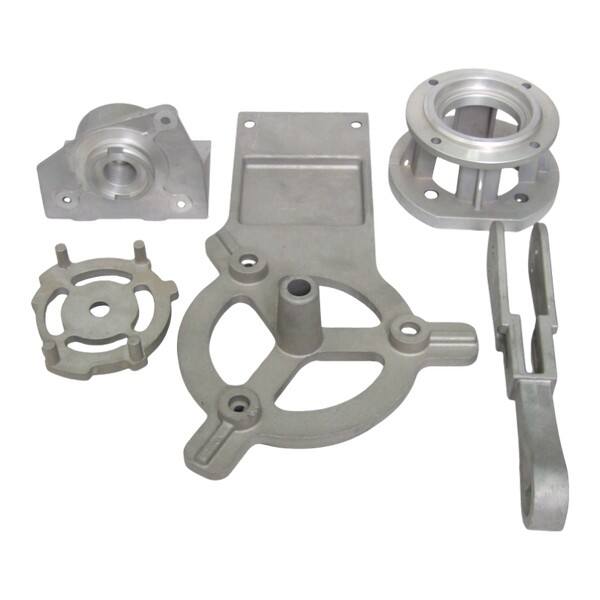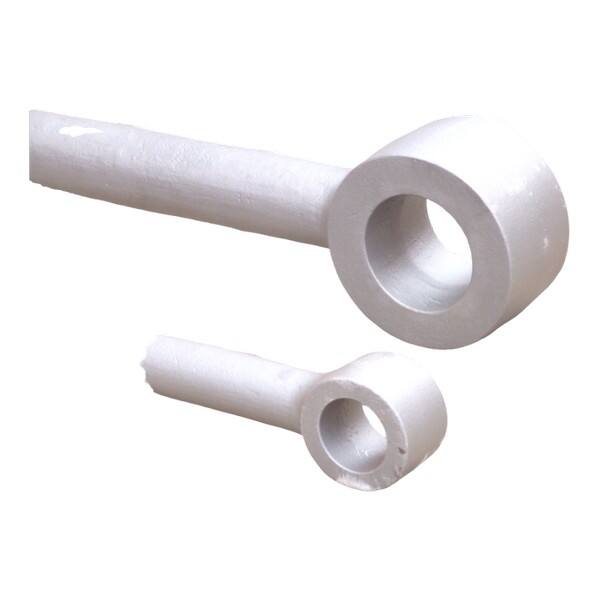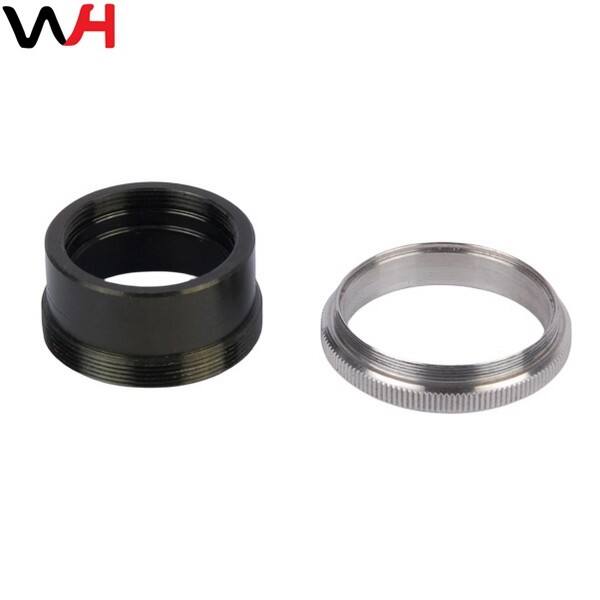Wielofunkcyjność odlewniczych stopów metali to czynnik, który sprawia, że są one tak wielce cenione, ponieważ mogą przynieść korzyści na wiele różnych sposobów. Dotyczy to m.in. części samochodowych, elementów konstrukcji samolotów, materiałów budowlanych z sektora budownictwa oraz nawet przedmiotów użytkowych w domu, takich jak garnki i patelnie. Biorąc pod uwagę, że można je wykonać w praktycznie dowolnej pożądanej formie, łatwo zrozumieć, dlaczego są one tak idealne dla szerokiego zakresu przemysłów.
Producenci rozpoczynają od ustalenia, który metal chcą użyć w swoim projekcie w celu stworzenia stopów odlewanych. Następnie wykorzystują piec do topienia stali. Proces ten obejmuje nagrzewanie metali do temperatury tak wysokiej, że całość znajduje się w postaci ciekłej. Ten roztopiony metal jest następnie wlewywany do odpowiednio przygotowanej formy. Roztopiony metal solidyfikuje się i przyjmuje kształt formy.
Różne rodzaje stopów wyrabianych mają własne właściwości, które czynią je pożądane dla niektórych zastosowań. Jest to wygodne w sytuacjach, gdy zarówno siła, jak i lekkość są ważne dla przedmiotu, na przykład przy produkcji części samolotowych lub komponentów samochodowych z wykorzystaniem stopów wyrabianych, które łączą najlepsze cechy tych dwóch światów. Niektóre stopy wyrabiane są wyjątkowo odporne na rdzę i korozyję, co czyni je idealnymi jako materiały budowlane, które muszą przetrwać w trudnych warunkach (na przykład wzdłuż wybrzeży, gdzie powietrze jest solone).
Istnieje wiele kluczowych aspektów do uwzględnienia podczas wybierania stopu dla produktu, który ma zostać wytworzony w odlewnictwie. Obejmują one właściwości takie jak siła, wytrzymałość na zginanie, lekkość oraz szybkość przewodnictwa ciepła i opór przeciwko rdzeniu i korozyji. Zastosowanie końcowego produktu determinuje, które właściwości są potrzebne od stopu przeznaczonego do formowania.

Na przykład, jeśli produkt ma być użytkowany w środowisku gorącym, jest bardzo ważne użycie stopu, który zapewni odpowiednie właściwości temperaturowe. Jednakże, lepszym rozwiązaniem, jeśli chcemy używać produktu w wilgotnym klimacie lub blisko solistego powietrza, będzie stop, który jest szczególnie odporny na rdzę. Taka selekcja jest konieczna, aby uzyskać tkaninę trwałą i długowieczną po osiągnięciu jej ostatecznej postaci.

Legity wytworny są powszechnie używane w różnych przemyłach. W przemyśle samochodowym stosuje się je nawet do produkcji kluczowych elementów samochodu, takich jak bloki silników, tłoków i obudów skrzyń biegów. Są one wykorzystywane w wielu zastosowaniach, w tym w budowie samolotów, ponieważ legity wytworny są niezbędne do tworzenia części samolotów, takich jak skrzydła, podwozia lądunkowe i komponenty silników. Legity wytworny są również używane w budownictwie do produkcji materiałów budowlanych potrzebnych do rurociągów, belek i innych konstrukcji, które zapewniają stabilność budynków.

Dlatego właśnie legity wytworny są popularne, na przykład w przemyśle spożywczym, gdzie mogą być łatwo czyszczone i utrzymują dostatecznie wysokie temperatury bez rozpadania się. Legity wytworny są również powszechnie stosowane w przemyśle biżuterii do tworzenia pięknych dekoracyjnych elementów, takich jak kolczyki i łańcuchy, które są projektowane do noszenia przez ludzi.
Firma uzyskała certyfikat jakości dla stopów odlewniczych. Produkcja produktu podlega trzykrotnemu kontroli: początkowej, ponownej i końcowej, w miarę możliwości zapewniając wysoką jakość i najbardziej satysfakcjonujące doświadczenie dla klientów.
Działalność firmy w zakresie stopów odlewniczych obejmuje odlewanie i kucie. Główne artykuły to elementy złączne i części samochodowe wykonywane na zamówienie.
Terminowa i wysokiej jakości dostawa stopów odlewniczych pojedynczemu klientowi.
Yunlong Wanhao Machinery to firma istniejąca od ponad 21 lat, dostępna przez cały rok, która dostarcza różnorodne duże przedsiębiorstwa, specjalizując się w produkcji maszyn ze stopów odlewniczych, potrafi spełnić potrzeby swoich klientów.